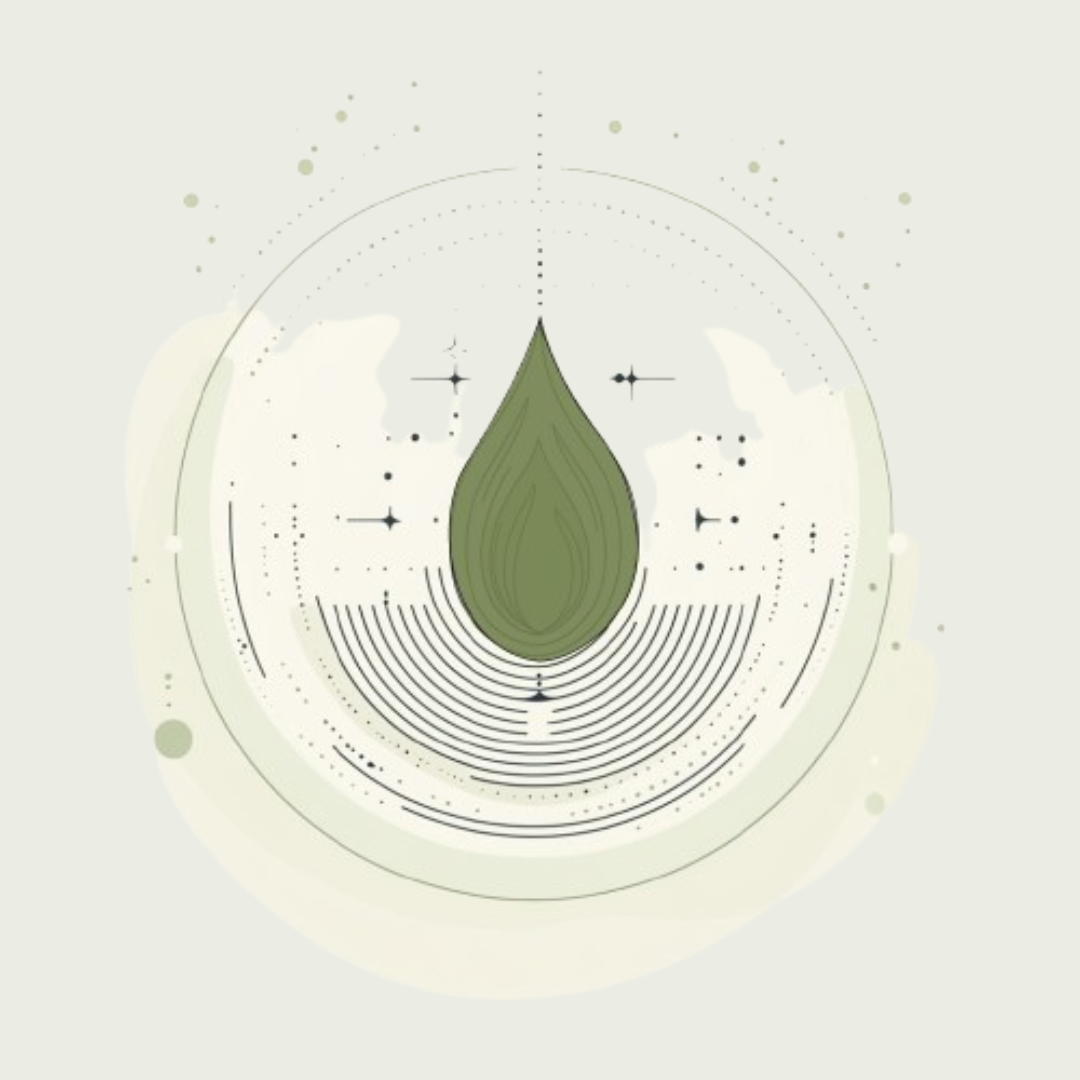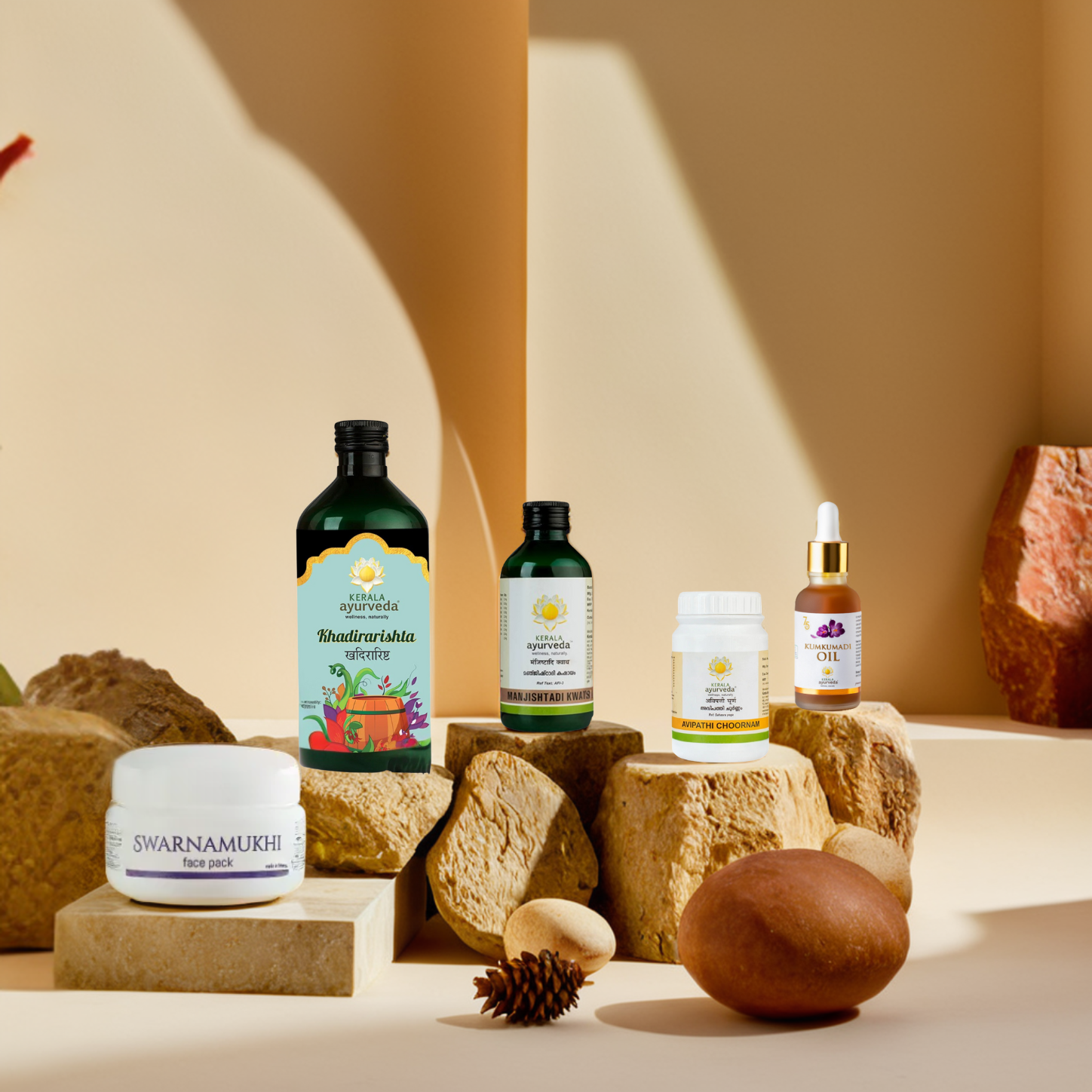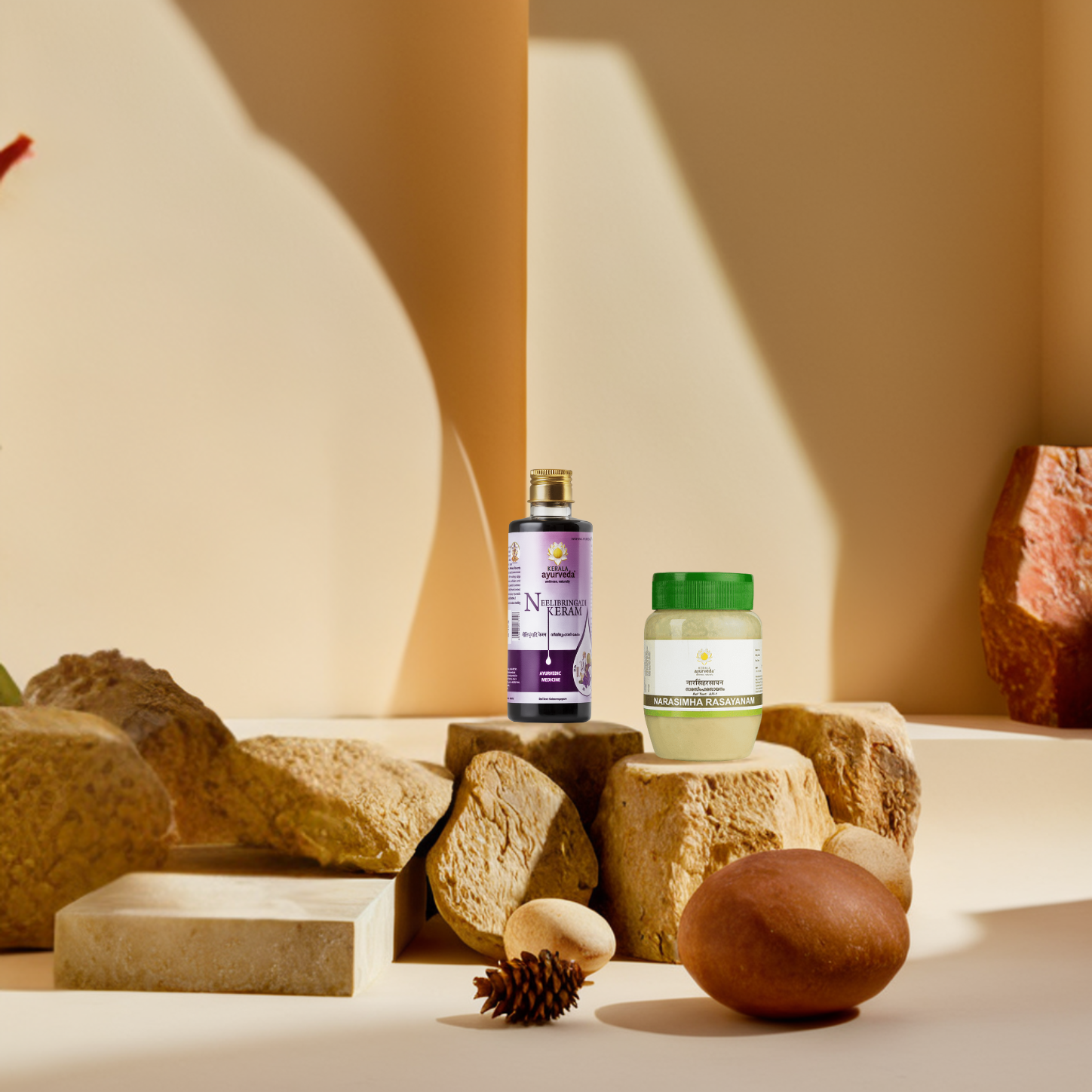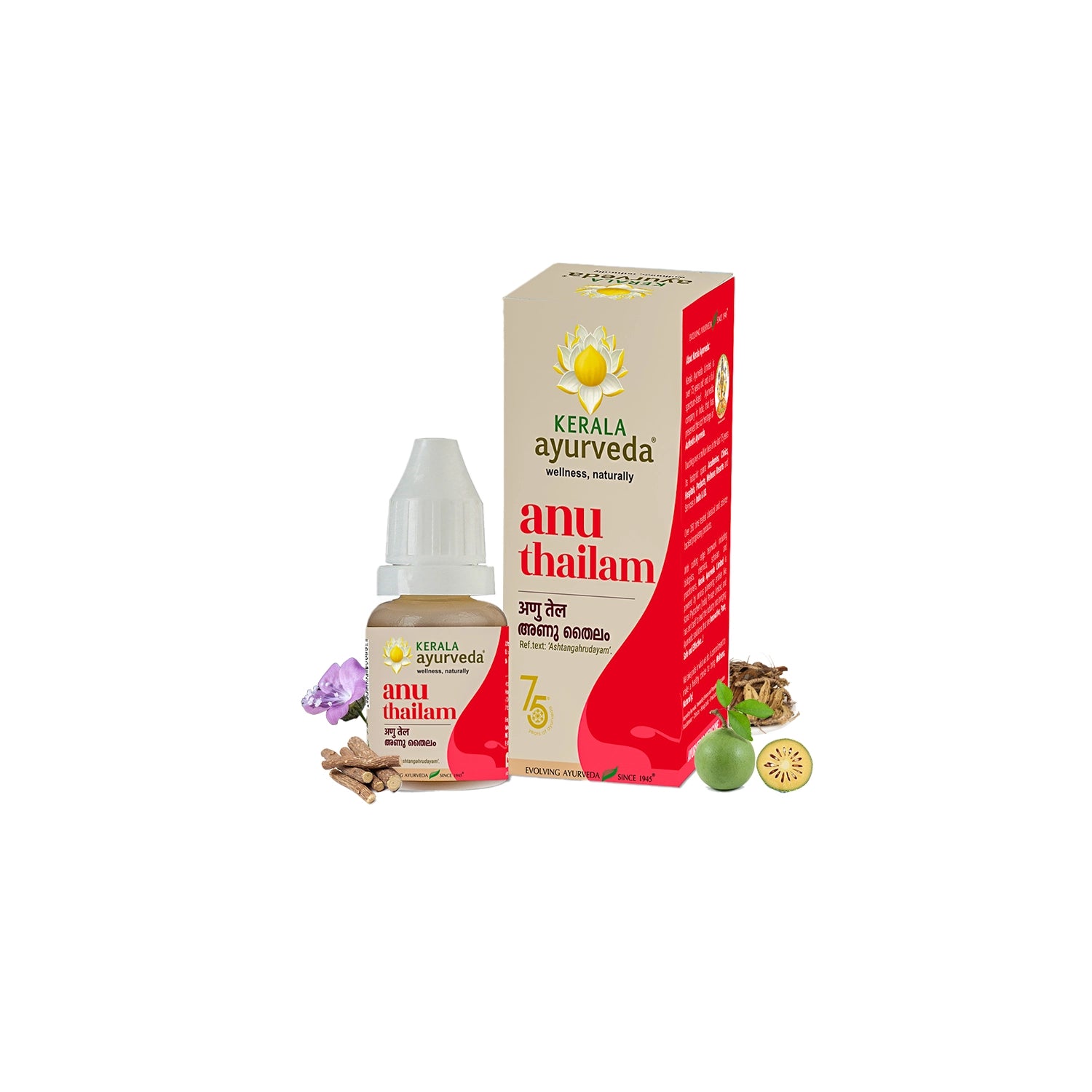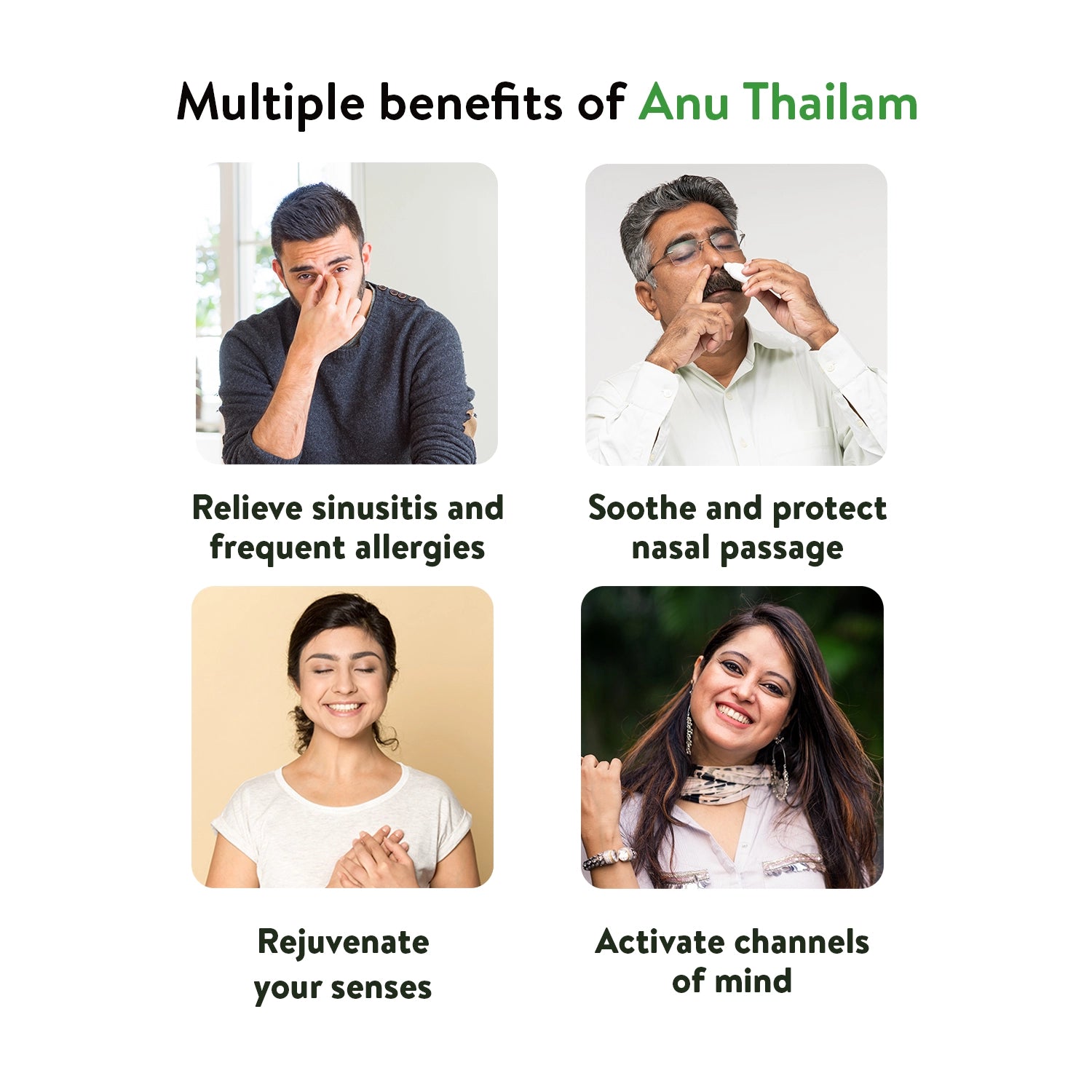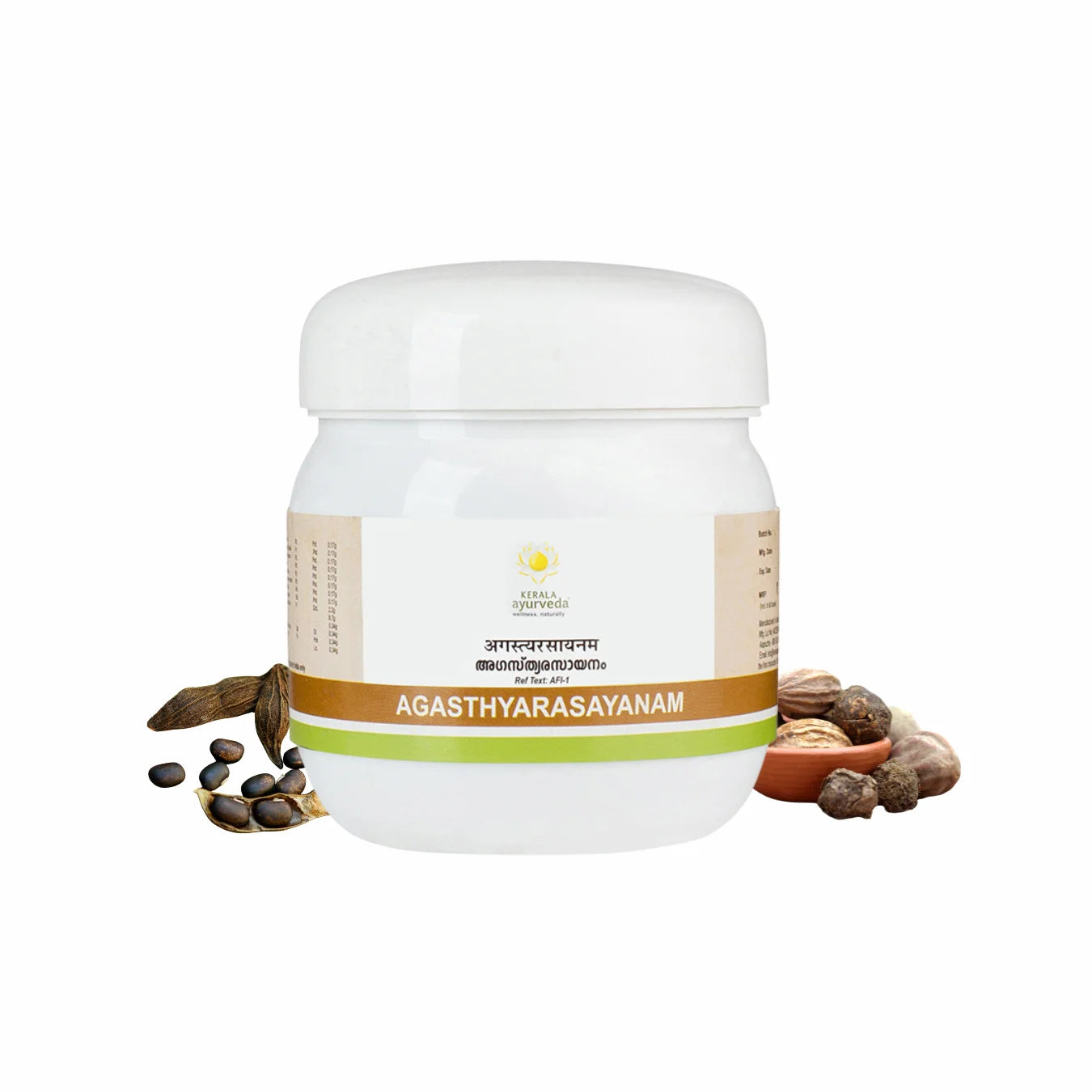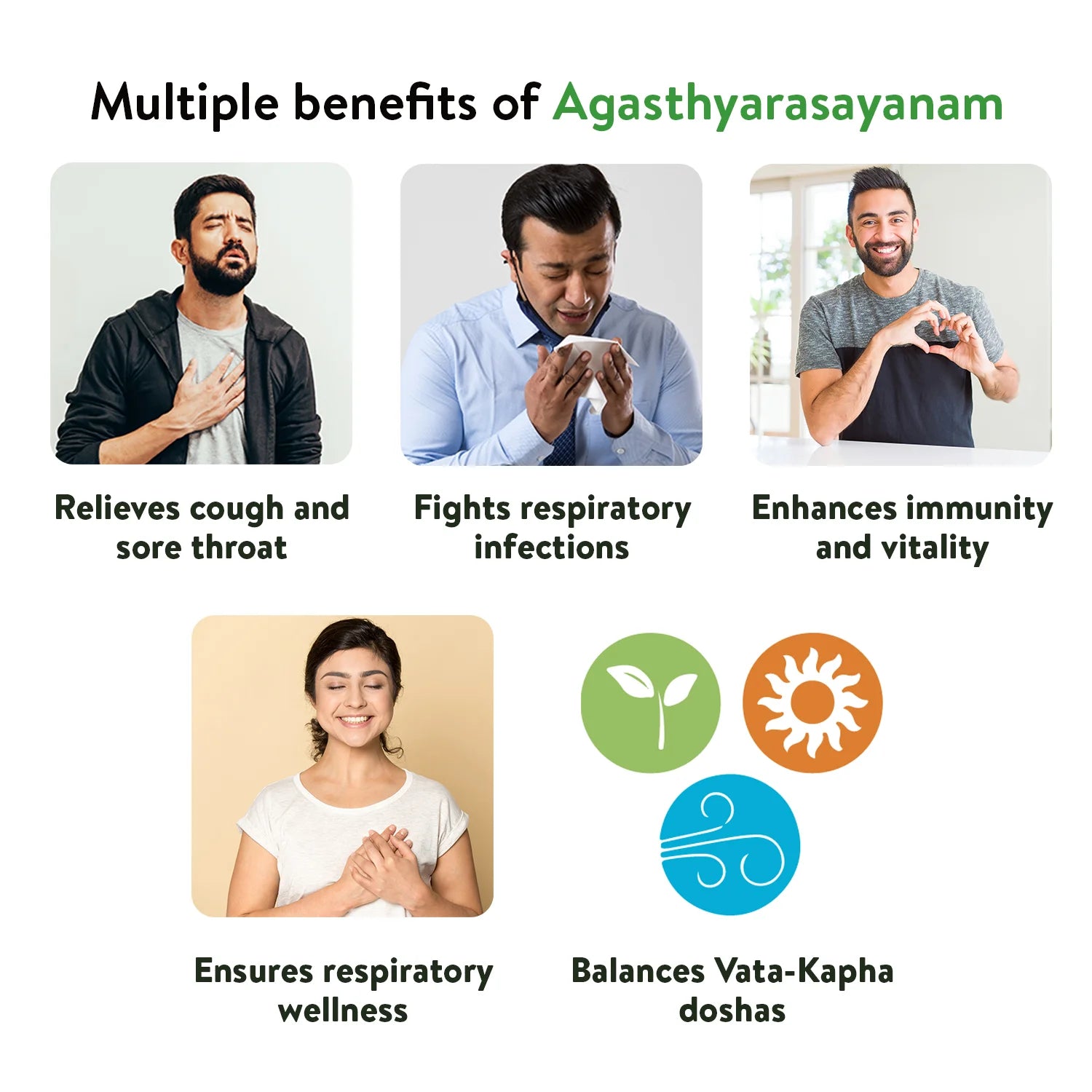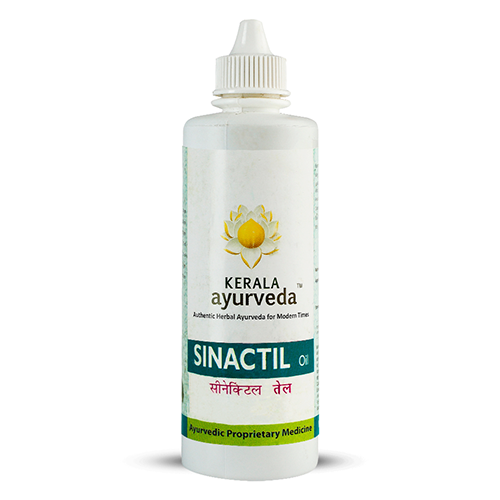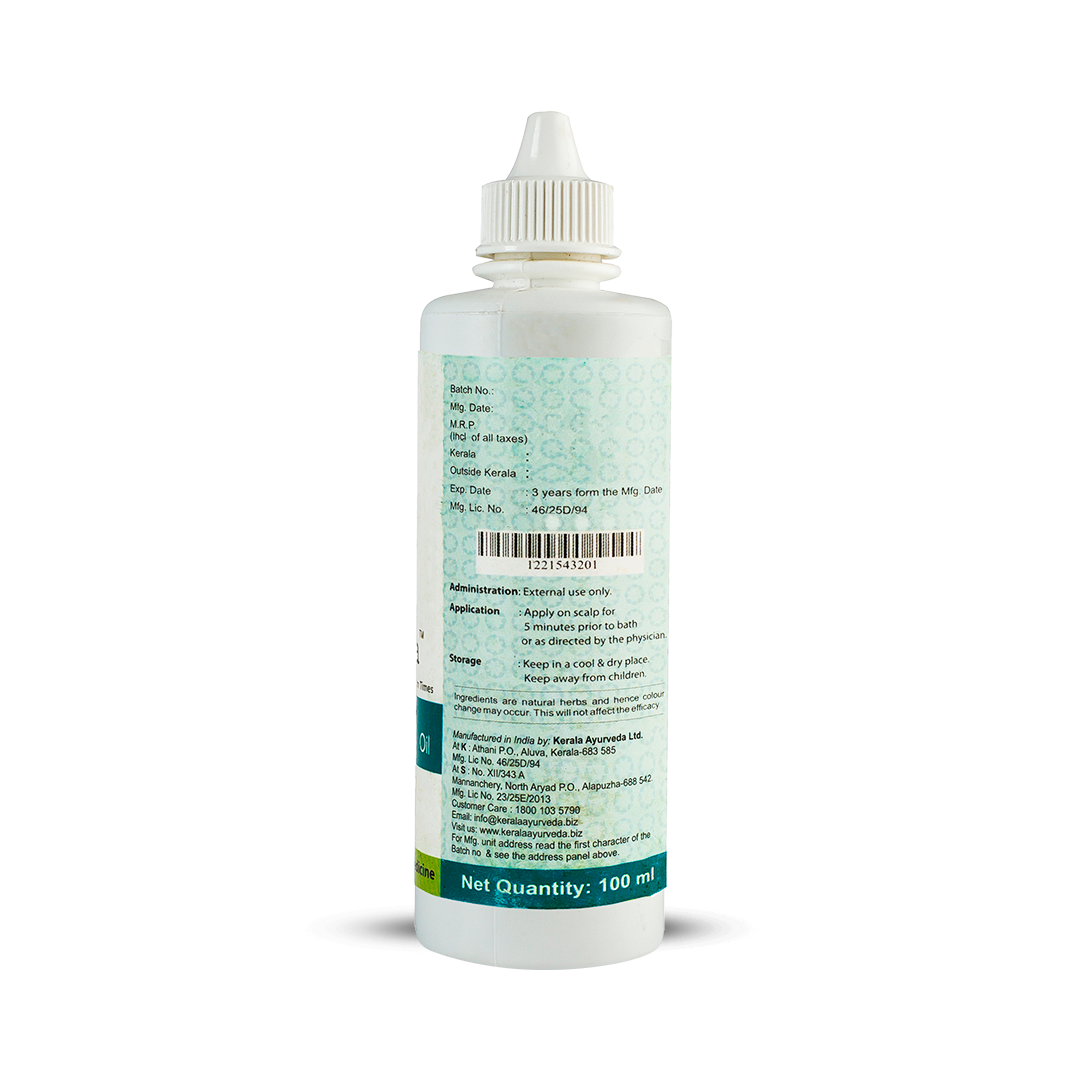Highlights
Colds pass down promptly! And the sore throats! Are you getting worse day by day? The blocked nose and sudden cough may ruin the days. With the intense pain and pressure in the face, you are suffering to breathe out. What if it is accompanied by sleepless nights? And you can’t find warmth in cozy blankets or soothing tea. Symptoms may last for a long and flare up seasonally. Sinusitis can make you suffer for more than a week and get worse than improve.
Sinuses are the empty air-filled spaces in your skull. The four-paired cavities are connected with narrow passages behind your forehead, eyes, and cheeks. Mucus membranes line sinuses and secrete mucus, which keeps your nasal canal moist and clean and filters out dust, allergens, and other germs. They lighten your skull, resonate your voice, and protect your face from trauma. When an infection, such as a cold or other allergies, is caught, the sinus gets blocked and filled with mucus, causing sinusitis.
WHAT IS SINUSITIS (SINUS INFECTION)?

Sinusitis refers to the swelling or inflammation of the mucosa of your sinuses. Millions are affected by sinus infections every year, visiting primary care physicians and rank in the fifth leading diagnosis for which antibiotics are prescribed. In most cases, more than one sinus is involved; the maxillary remains the first, followed by the ethmoid, frontal, and sphenoid sinuses.
Sinusitis affects people of any sex and age. Usually, the mucus, or snot, secreted by the sinus does not accumulate there and is transported into the nasal cavity. However, when the sinus is obstructed, or ciliary clearance is absent, the secretion gets retained and causes pressure and pain in your face, a stuffy nose, and other symptoms. As these secretions accumulate, they become more susceptible to viruses, bacteria, and fungi.
TYPES OF SINUSITIS
Mostly, the sinuses get cleared within a month, but sometimes, it can trouble you for a long time.
Sinusitis is classified based on how long it’s been going on and what pathogen is causing it. It is of four types:
ACUTE SINUSITIS
Sinus infections begin with an attack by respiratory viruses, usually the common cold viruses such as rhinoviruses, influenza, and parainfluenza. It is a self-limiting disease, and the patient may improve within a week unless complicated by a bacterial attack. The affected person can experience a blocked nose, nasal discharge, low-grade fever, facial pain, and pressure. It may last up to four weeks.
SUBACUTE SINUSITIS
The symptoms of subacute sinusitis can last for more than four weeks but less than 12 weeks, including headaches, sore throat, nasal congestion, and facial pain. Affected persons may struggle with easy breathing and daily activities.
CHRONIC SINUSITIS
When the sinus infection lasts over 12 weeks, it falls under chronic sinusitis. Virus and bacteria remain the main etiological factors, along with allergic rhinitis, nasal polyps, deviated nasal septum, otitis media, asthma, airborne irritants, smoke, and other allergens that can be associated with chronic sinusitis. Yellow or green nasal discharge, nasal blockage, facial or dental pain, and hyposmia (decreased sense of smell) for more than three months confirm chronic sinusitis.
RECURRENT SINUSITIS
The sinus attacks occur four or more times a year, each lasting at least ten days with a symptom-free zone between each distinct episode; it is known as recurrent sinusitis. The causative factors mirror other sinusitis symptoms; the affected individuals have normal breathing and live between periods.
CAUSES OF SINUSITIS
Sinusitis symptoms are generally triggered by an upper respiratory tract infection caused by viral infections. Allergens, pathogens, anatomical abnormalities of the nasal cavity, and medical conditions can lead to a sinus attack. The causes of sinus infections are:
- Pathogens—Viral, bacterial, or fungal infections can swell mucus membranes and inflame them. The mucus becomes obstructed, leading to an infection.
- Common colds and allergies - They can trigger excessive mucus secretion or block sinus openings.
- Nasal polyps, Deviated nasal septum, and nasal bone spur.
- Swimming in contaminated water.
- Dental infections.
- Trauma to the sinus, including compound fractures and penetrating injuries.
- Repeated exposure to extreme weather conditions.
- Repeated respiratory infections.
- Impaired immune system.
- Exposure to cigarette smoke.
SYMPTOMS OF SINUSITIS

The symptoms of sinusitis can vary between individuals. Let’s look at the symptoms of sinus infections.
- Nasal congestion (blockage of nasal passages).
- Runny nose with thick yellow or green discharge.
- A feeling of fever.
- Headache.
- Pain or pressure around your nose, eyes, and forehead.
- Cough, especially at night.
- Fatigue and malaise.
- Decreased sense of smell.
- Pain over ears, teeth, and jaw.
- Halitosis or a bad taste in the oral cavity.
- Postnasal drip (snot dripping to the throat).
Remember, sinusitis is not contagious. But the bacteria and viruses are! Stay sanitized and hygienic to prevent infections.
EFFECTIVE HOME REMEDIES FOR SINUSITIS
Ayurvedic Acharyas include sinusitis in Peenasa, Dushtapratisyaya, or Suryavarta based on the symptoms experienced. The imbalance in the Vata and Kapha dosha - the fundamental energies controlling the body- is considered the causative factor for sinusitis.
Sinusitis treatment in Ayurveda aims to bring the vitiated dosha into normalcy, reducing inflammation, nasal congestion, and other symptoms. Gentle cleansing methods, external Panchakarma therapies, diet, herbal formulations, yoga and pranayama, and lifestyle modifications can ensure you have tussle-free breathing.
Let’s delve into the Ayurvedic remedies for sinus infections.
YOGA AND MEDITATION

Yoga and meditation practices improve blood circulation in the sinuses, which is directly linked to enhanced drainage of infected mucus from the sinuses. Asanas, including Simhasaana, can improve nasal congestion, while Paschimotanasana, trikonasana, etc., can increase the Agni, helping to melt excess mucus from the body. Viparitakarani enhances blood circulation and balances Kapha doshas, Halasana opens congested nasal mucosa, and bhujangasana helps stretch and expand the respiratory organs.
Meditation and Pranayama help regulate the breathing and functioning of respiratory organs. Pranayamas including Ujjayi pranayama, bhramari pranayama, Seetali pranayama helps drain the phlegm and balance the vitiated doshas.
JALA NETI (NASAL RINSING)
Regular practice of jala neti helps hydrate your nasal tract, remove infected mucus and foreign bodies, and increase blood circulation in the nasal cavity. It is usually practiced with a neti pot filled with lukewarm saline water. Ideally, practice in the morning before yoga and breathing exercises is suggested. The practice improves the resistance of nasal mucosa against allergens and pathogens.
GINGER

Ginger has been the primary choice for respiratory conditions since the ancient period. Its anti-inflammatory and anti-expectorant properties can help expand lungs, loosen phlegm, and relieve respiratory issues quickly. For relief from sinusitis, consume ginger tea with honey, lemon, lemongrass, or tulsi.
BASIL LEAVES (TULSI)
Steam inhalation with tulsi or having tulsi in your diet strengthens the immune system and fights respiratory infections. Enriched with camphene, eugenol, and cineole, Tulsi can relieve sinusitis pain, open up congested airways, and reduce inflammation of your respiratory tracts.
CLOVES(LAUNG)

The aroma of cloves can provide instant relief from the discomforts of sinusitis. Applying clove oil or steam inhalation to open blocked airways and enhance breathing.
CINNAMON
The aromatic spice is rich in antioxidants and anti-inflammatory compounds that fight infections. Grab a cinnamon tea to open your sinus, excrete mucus, and reduce body temperature.
ASHWAGANDHA
Ashwagandha is well known for its immunity booster effects. Having Ashwagandha regularly in powder or capsule form can improve immunity, help fight infections, and enhance overall well-being.
HOT FOMENTATION
Hot fomentation can help relieve the facial pressure associated with sinus infection. It helps improve microcirculation within the sinuses, loosening up the snot causing the congestion.
TURMERIC (HALDI)

Curcumin, the active constituent, contains antioxidant and anti-inflammatory compounds. When mixed with hot water or milk, turmeric can drain the mucus, ease sinus discomfort, and make you feel comfortable.
FIGHT SINUSITIS WITH KERALA AYURVEDA
Kerala Ayurveda provides herbal solutions for easing sinus infections. You can browse our website and purchase products from home.
Anu Thailam
Kerala Ayurveda Anu Thailam is an exquisite blend of Ayurvedic herbs that helps fight respiratory conditions. Instilling Anu Thailam regularly helps clear the accumulated mucus, lubricate the nasal passages, and reduce the frequency of sinus infections.
Agasthya Rasayanam
Kerala Ayurveda Agasthya Rasayanam is an Ayurvedic detox formula that cleanses your respiratory system. Enriched with Haritaki, Atmagupta, Sankhpushpa, etc., the formulations can scrap the accumulated mucus, reduce viral and bacterial infections, and improve respiratory health.
KEY TAKEAWAYS
- Sinusitis happens when the mucus gets clogged in your sinuses after a respiratory infection.
- It occurs after bacterial or viral infections, allergies, or due to an underlying medical condition.
- Ayurveda correlates sinusitis with Peenasa, Dushta Pratisyaya, or Suryavarta.
- Sinus infections can be managed by adapting to an Ayurvedic diet, lifestyle enhancements, herbs, and home remedies.


